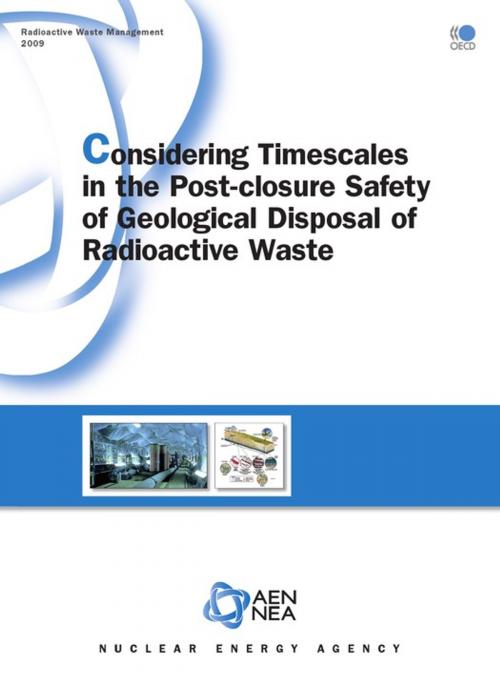Considering Timescales in the Post-closure Safety of Geological Disposal of Radioactive Waste
Nonfiction, Science & Nature, Technology, Nuclear Energy| Author: | Collective | ISBN: | 9789264060593 |
| Publisher: | OECD | Publication: | April 7, 2009 |
| Imprint: | OECD | Language: | English |
| Author: | Collective |
| ISBN: | 9789264060593 |
| Publisher: | OECD |
| Publication: | April 7, 2009 |
| Imprint: | OECD |
| Language: | English |
A key challenge in the development of safety cases for the deep geological disposal of radioactive waste is handling the long time frame over which the radioactive waste remains hazardous. The intrinsic hazard of the waste decreases with time, but some hazard remains for extremely long periods. This report reviews the current status and ongoing discussions of this issue, addressing such issues as ethical principles, the evolution of the hazard over time, uncertainties in the evolution of the disposal system (and how these uncertainties themselves evolve), the stability and predictability of the geological environment, repository planning and implementation including regulatory requirements, siting decisions, repository design, the development and presentation of safety cases and the planning of pre- and post-closure institutional controls such as monitoring requirements.
A key challenge in the development of safety cases for the deep geological disposal of radioactive waste is handling the long time frame over which the radioactive waste remains hazardous. The intrinsic hazard of the waste decreases with time, but some hazard remains for extremely long periods. This report reviews the current status and ongoing discussions of this issue, addressing such issues as ethical principles, the evolution of the hazard over time, uncertainties in the evolution of the disposal system (and how these uncertainties themselves evolve), the stability and predictability of the geological environment, repository planning and implementation including regulatory requirements, siting decisions, repository design, the development and presentation of safety cases and the planning of pre- and post-closure institutional controls such as monitoring requirements.















